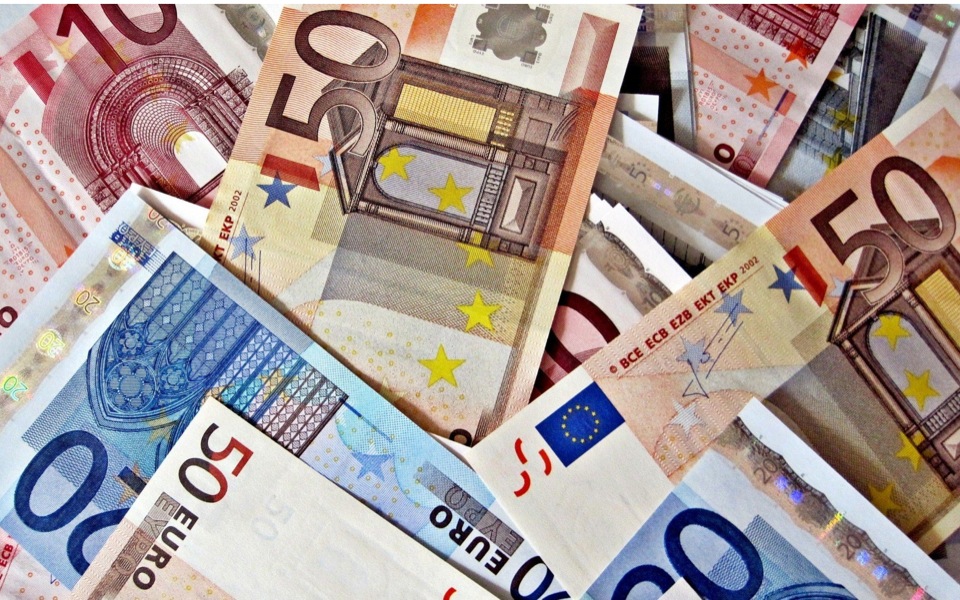Over 50 bln in cash stashed away by Greeks

Over 50 billion euros in cash was stashed away in homes and safe deposit boxes in July, the first full month when capital controls were in force in Greece. Banknotes in circulation went down by 400 million euros in July compared with June, the month when they reached their highest level in the last few years, at 50.5 billion euros.
The decrease in July is linked to the capital controls, which forced households to spend a portion of the cash they had withdrawn and were keeping at home. Bank deposits have fallen by 45-50 billion euros since late November 2014.
According to the Bank of Greece, “net liabilities related to the allocation of euro banknotes within the Eurosystem” went from 3.9 billion euros in November 2014 to 22 billion in July 2015. This was due to demand for fresh cash which was either covered by existing reserves or injections from the Eurosystem.
In addition, there is on average roughly 28.1 billion euros in circulation in the Greek market at any one time, a figure which has remained almost stable in recent months, with fluctuations of around 1 billion euros.
The value of physical cash circulating in Greece is the highest in the eurozone as a percentage of gross domestic product, at 27.8 percent while other countries average 6-8 percent.
At the same time, obligations to the Eurosystem fell by 2.3 billion euros in July, when they totaled 128.2 billion euros. The decrease is a result of the European Central Bank’s decision not to extend emergency liquidity assistance (ELA) that month as it suspended support pending a deal and the country was forced to impose capital restrictions to stem the further outflow of deposits.





